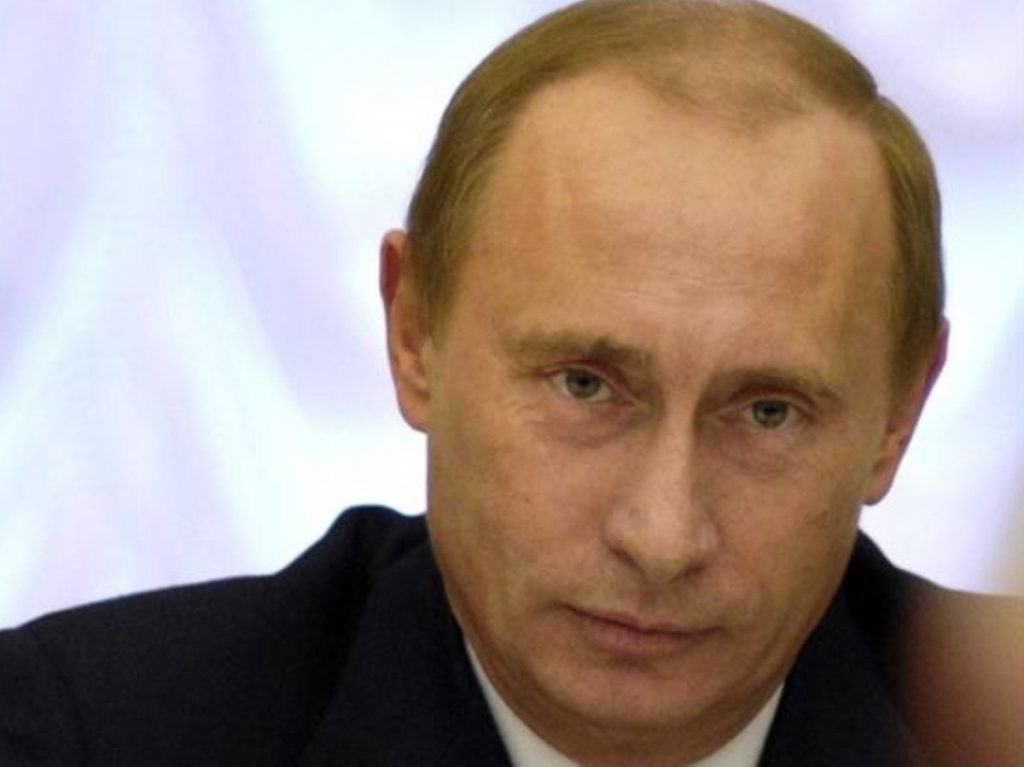Britain blinks first in Syria showdown
David Cameron's ability to supply rebel forces in Syria with arms looked increasingly difficult this morning, after Boris Johnson and other influential figures spoke out against the plan.
The range of opposition to Cameron's plans suggests British diplomats will fail to counter Russia's provisions to President Assad's government and raises questions as to whether the UK can adopt a unified position on the ongoing conflict.
"This is the moment for a total ceasefire, an end to the madness," Johnson wrote in the Telegraph this morning.
"It is time for the US, Russia, the EU, Turkey, Iran, Saudi and all the players to convene an intergovernmental conference to try to halt the carnage.


"We can't use Syria as an arena for geopolitical point-scoring or muscle-flexing, and we won't get a ceasefire by pressing weapons into the hands of maniacs."
Johnson's intervention is arguably the most impactful since the EU embargo on arms supplies ended last month, but his concerns are broadly in line with a range of figures from across the political spectrum.
Speaking to the BBC, deputy prime minister Nick Clegg said arming the rebels was not currently supported in government.
"We've taken no decision to provide lethal assistance so we clearly don't think it is the right thing to do now, otherwise we would have decided to do it," he said.
Former head of the Army Lord Dannatt warned of a slide into further intervention, while Archbishop of York John Sentamu said the prime minister should "tread very warily".
Labour has also raised concerns about the plan and at least 81 Tory MPs oppose it.
William Hague lashed out at the opposition to further action in an interview with the Today programme this morning.
"We are facing the worst human tragedies of our time and it's on a trajectory to get worse," he said.
"We don't rule any option out and we shouldn’t rule any option out."
But the foreign secretary struck a more subdued note than usual when he admitted that any action was fraught with difficulties.
"There are no palatable options. There are no easy options at all," he added.
"It's not easy to decide to send arms into a conflict. It's also not easy to allow people to be killed."
Yesterday's frosty and bad-tempered press conference between Cameron and Vladimir Putin saw the two leaders offer radically different assessments of the situation in Syria, with the Russian leader refusing to temper his rhetoric despite the prime minister's insistence on finding "common ground".
Putin said: "I believe you will not deny the fact that one hardly should back those who kills their enemies and eat their organs; all that is filmed and shot.
"Do we want to support these people? Do we want to supply arms to these people?"
Cameron blamed the violence on the "murderous" regime of Assad.
"We both see the humanitarian catastrophe. We both see the dangers of instability and extremism," he said.
"We both want to see a peace process and a transition. The challenge for the G8 is to put aside some of these differences."
The disagreements on how to proceed in Westminster will have bolstered Putin's confidence ahead of the G8 summit in Northern Ireland today.
The situation is broadly identical in the US, despite Washington's assurance that it would supply the rebels with arms.
It is still not clear precisely what the US promise entails. It could amount to action as significant as the imposition of a no-fly zone or be restricted just to small arms.
President Barack Obama has given a sense of deep reticence by refusing to make any further public comments on the subject.
Meanwhile, there is a sense that the momentum is in Assad's favour on the ground and Putin has made no apologies for his commitment to continue arming government forces.
"The opposition has seen important setbacks but that does not mean this conflict is over. It has gone backwards and forwards many times," Hague commented.
Cameron and Putin will both hold private talks with Obama while at the summit but the British prime minister's hope that "we can look each other in the eye, cut through the obstacles and generate the political will to solve the problems we face" seems increasingly optimistic.
There is growing pressure for international efforts to be directed at ensuring peace negotiations in Geneva.
At the moment it is the rebels who are refusing to attend the negotiations unless Assad steps down.
Some experts have warned that offering to arm the rebels without first ensuring they would attend negotiations removed one of the key negotiating tactics available to British and American diplomats.

